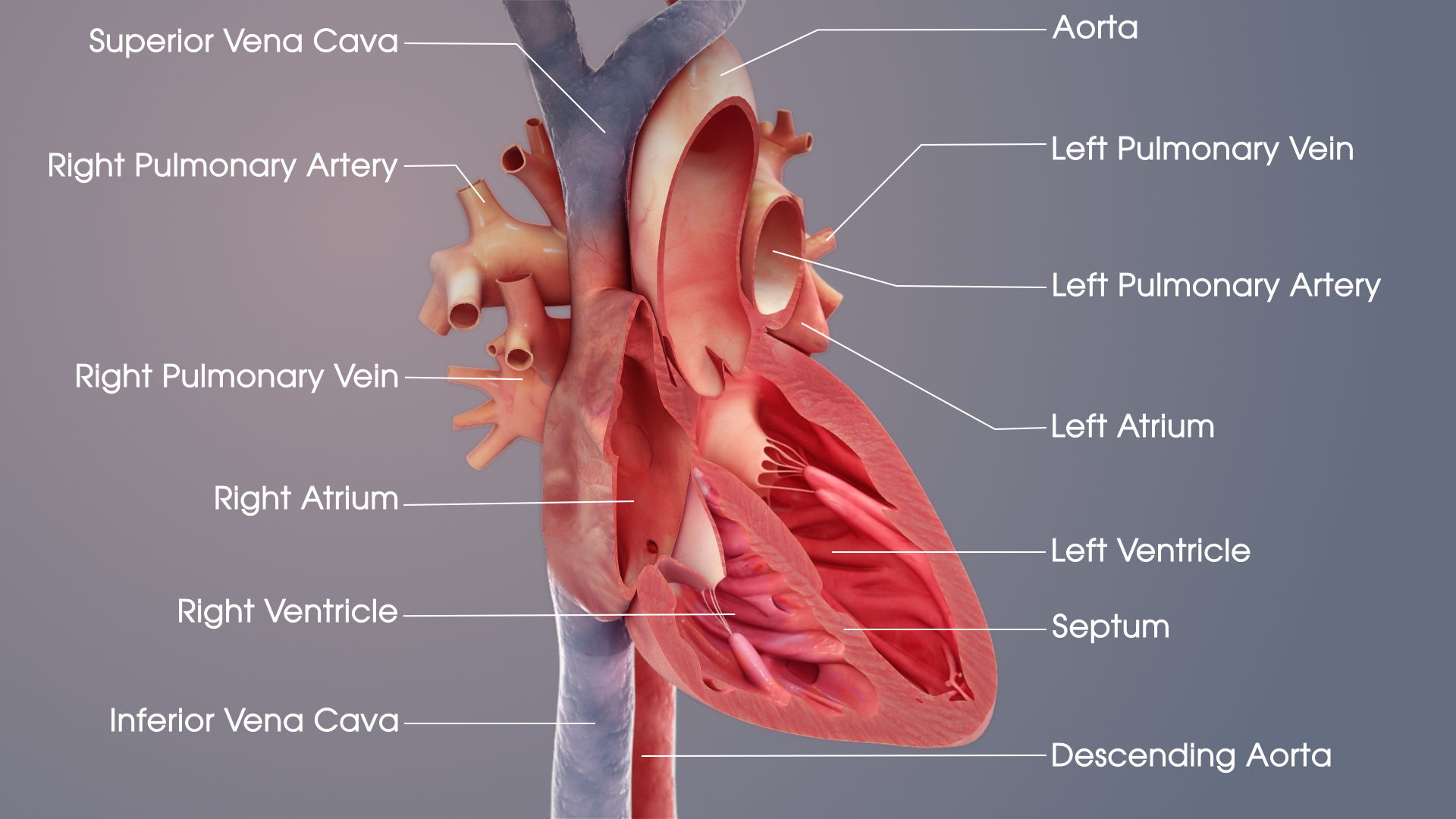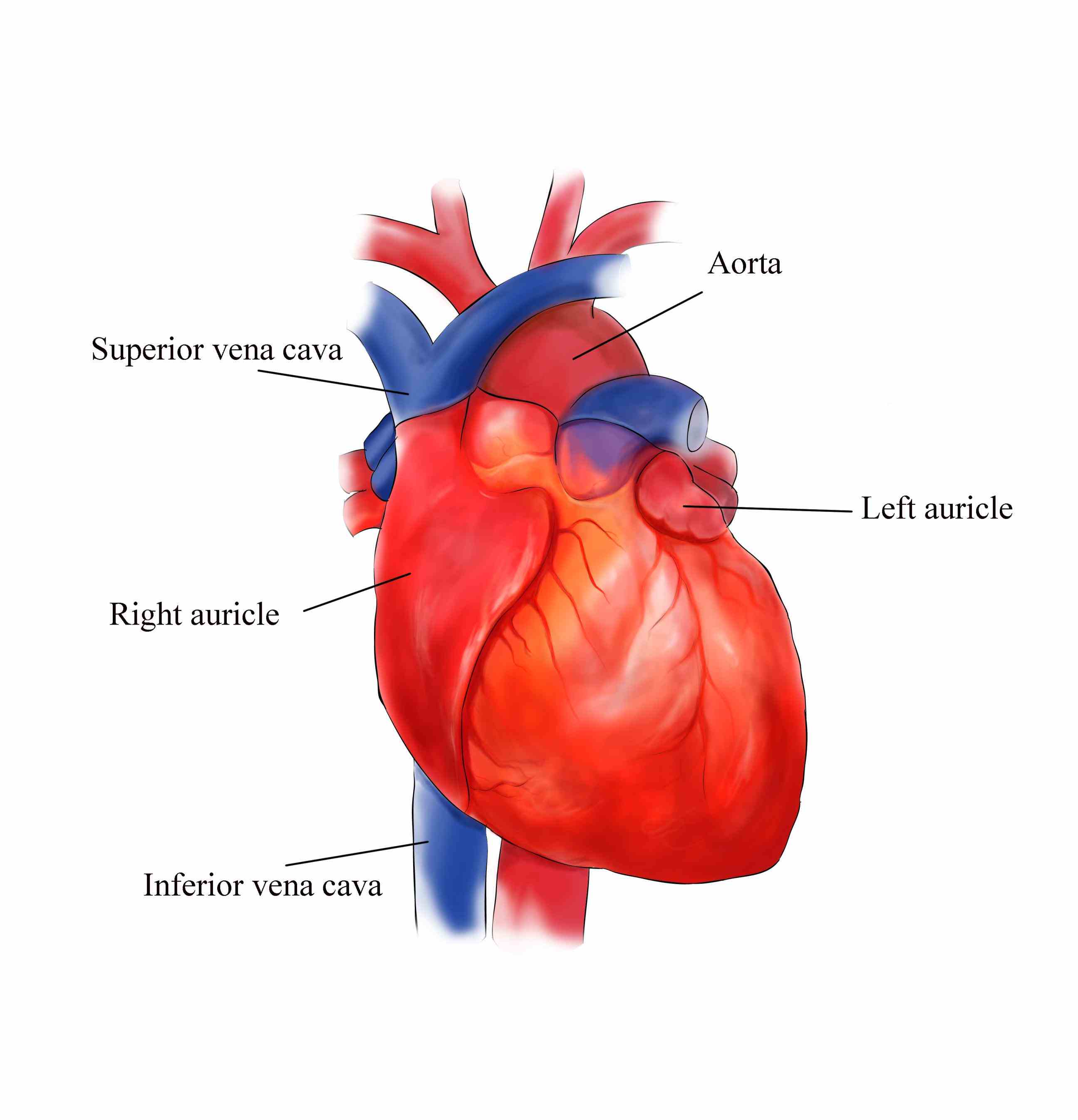Joseph Conrad’s novella “Heart of Darkness” penetrates the depths of the human psyche, exploring themes of imperialism, civilization, and the intrinsic savagery of mankind. The concise yet profound quotes from the text illuminate these concepts, offering a perennial reflection on the complexities of human nature. Here are ten thought-provoking quotes that encapsulate the essence of darkness in Conrad’s narrative.
“The horror! The horror!”

This iconic exclamation encapsulates the ultimate realization of the protagonist, Kurtz. It embodies the culmination of despair and the recognition of the abyss that lies within humanity.
“A haze rested on the low shores that ran out to sea in vanishing flatness.”

Conrad’s imagery here evokes a sense of foreboding, perfectly setting the stage for the moral ambiguity that ensues as Marlow journeys deeper into the Congo.
“The conquest of the earth is not a pretty thing.”

This statement offers a stark critique of colonialism, challenging the misguided notion that imperial expansion is noble or beneficial.
“We live in the flicker—may it last as long as the old earth keeps rolling.”

Here, Conrad reflects on the ephemeral nature of civilization and the fragile veneer of progress that can easily dissolve into chaos.
“The sea-reach of the Thames stretched before us like the beginning of an interminable waterway.”

This metaphor forms a juxtaposition against the dark backwater of the Congo, illustrating how civilization’s facade can mask the underlying murkiness of human motives.
“Your strength is just an accident arising from the weakness of others.”

In this profound observation, Conrad highlights the fragility of power, suggesting that dominance often stems not from one’s own virtues but from the deficiencies of others.
“The word ‘ivory’ rang in the air, was whispered, was sighed.”

This repetition underscores the obsession with material wealth and the moral decay it induces, as ivory serves as a symbol for the insatiable greed of civilization.
“It seemed to me I was in the presence of a great spirit.”

In this reflective moment, Marlow grapples with the complex duality of admiration and horror as he confronts Kurtz’s profound yet troubling influence.
“I had a vision of the colossal, standing for the rest of the world.”

This imagery evokes the overwhelming presence of imperialism, suggesting that its impact looms large over civilization, often distorting our perceptions of morality and humanity.
“There is a taint of death, a flavor of mortality in lies—which is exactly what I hate and detest in the world.”

This poignant realization underscores the overarching theme of darkness, emphasizing that deceit weaves a narrative fraught with existential dread.




